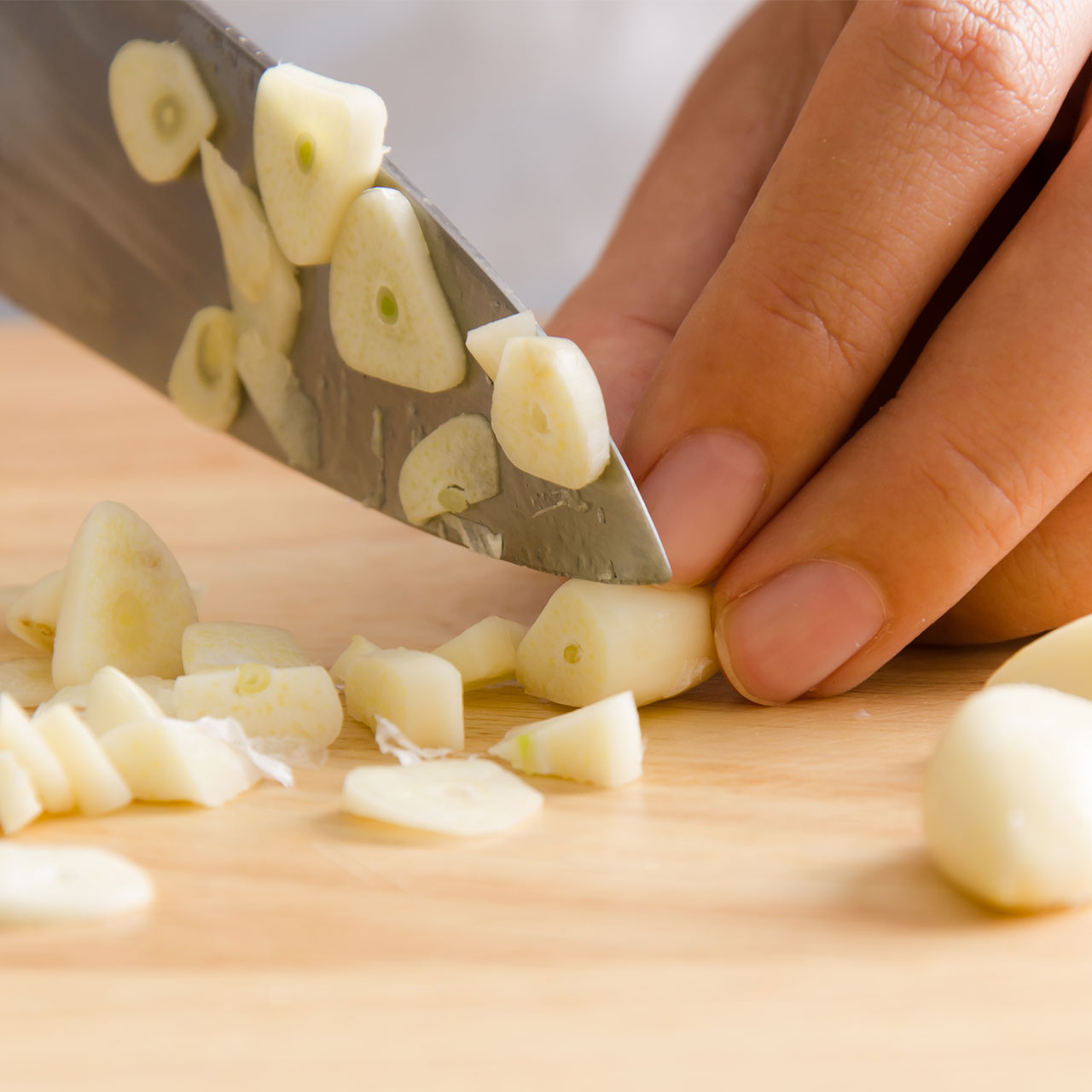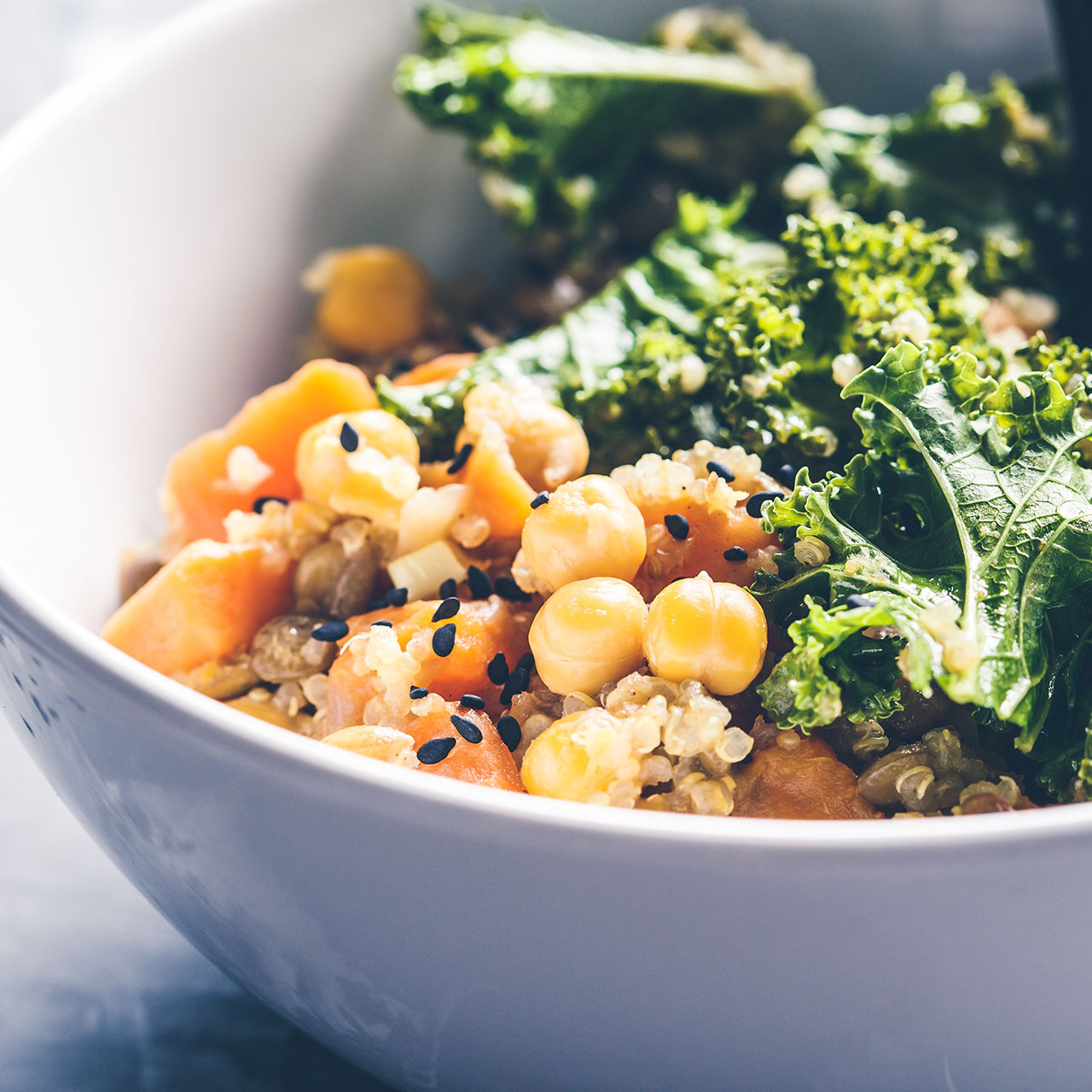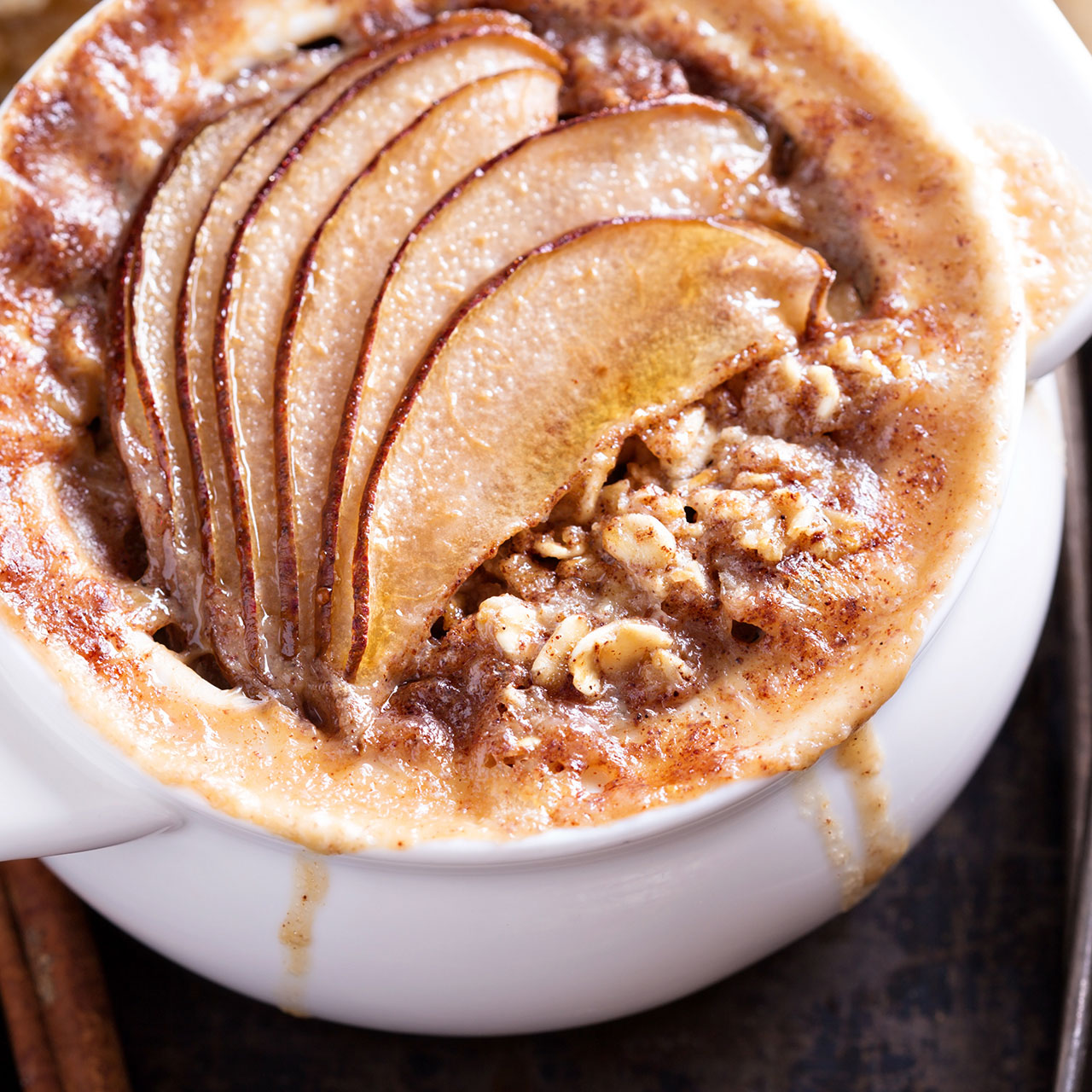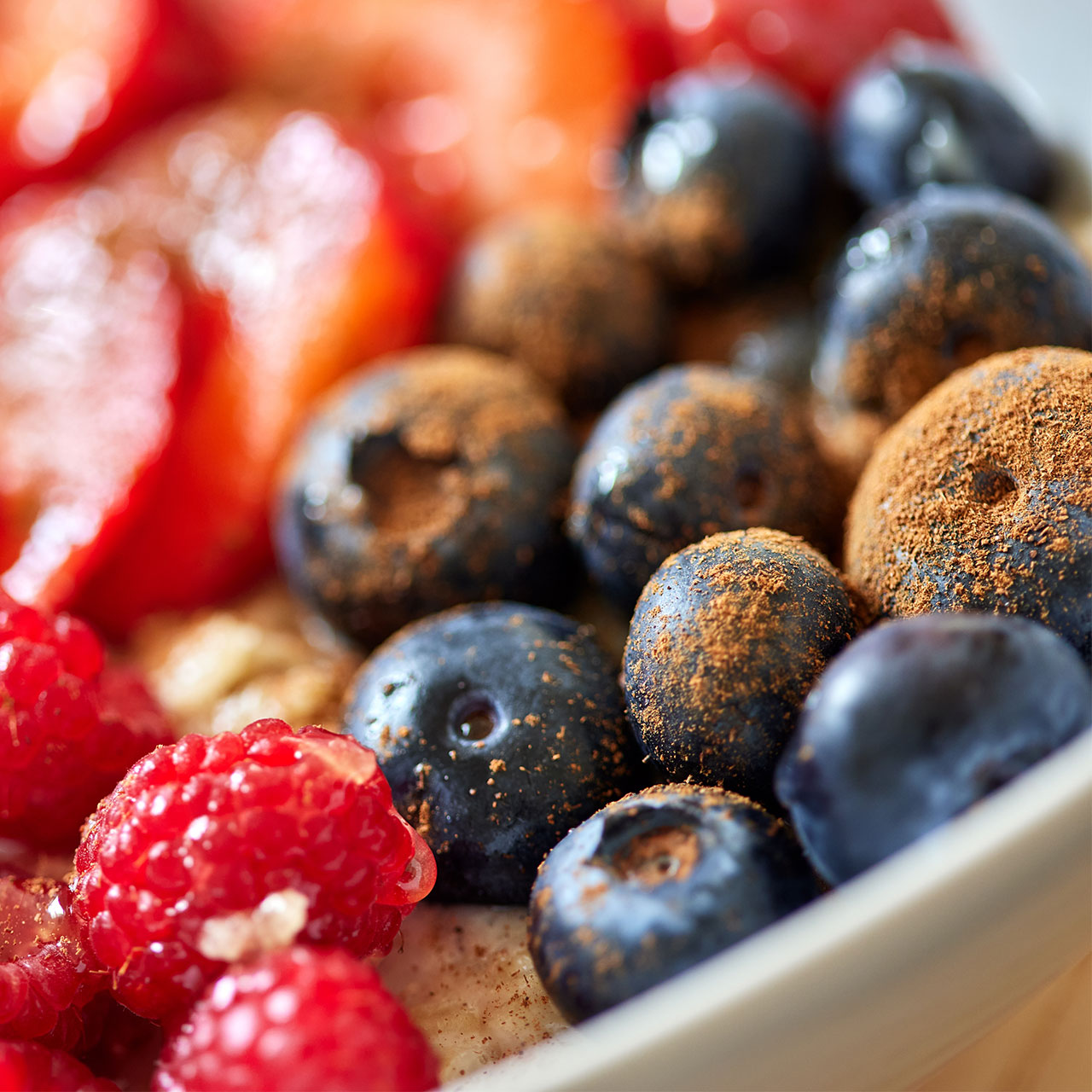This is an archived article and the information in the story may be outdated. Please check the time stamp on the story to see when it was updated last.
What did you have for breakfast this morning? Choosing the wrong A.M. meal could be messing with your weight loss goals. “Making poor eating choices like candy, pastries, sweet coffee drinks and foods with a lot of added sugars at that early hour can sabotage your healthy eating regimen,” says Wendy Kaplan, nutritionist at Mondays at Racine Cancer Care Foundation.
[Photos: Shutterstock]
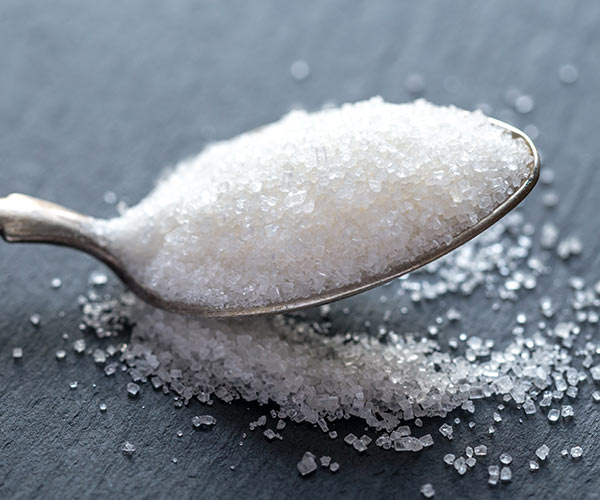
Sugar isn’t sweet for your figure. And it’s not always an obvious ingredient. “Foods that contain hidden sugars are ones that convert into sugars when your body absorbs them,” says Colette Heimowitz, a nutritionist at Atkins Nutritionals. Anything with a super high amount of processed sugar can lead to weight gain, increased fatigue and decreased mental alertness. Basically you feel like a lump for the rest of the day. And then you try and eat more sugar to boost your energy. No wonder you keep gaining a few pounds instead of shedding them!
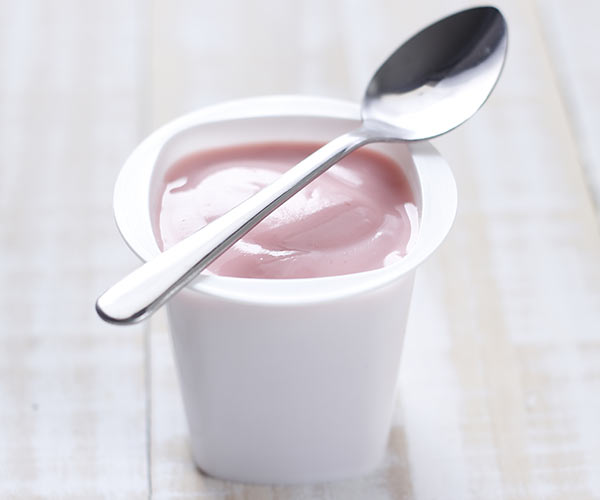
She says women should avoid carbohydrates that convert into blood sugar. Get this: 1 cup of low-fat yogurt has the same effect on your body as consuming 3.3 teaspoons of sugar and an 8 oz. glass of orange juice is equivalent to consuming 4 teaspoons of sugar. “You don't see these hidden sugars but your body does,” warns Heimowitz. “No matter where the sugar comes from, any excess sugar in your blood stream that isn't used as energy is stored as fat.” It’s what she refers to the “Hidden Sugar Effect” and it has a huge impact on your waistline.
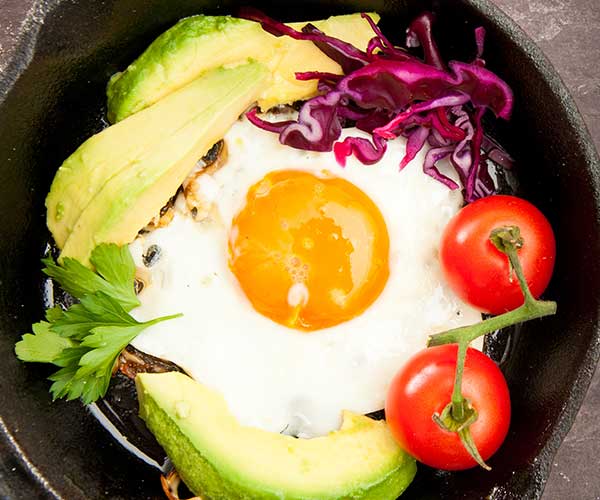
“Consuming macronutrients, protein, carbohydrates and fat in appropriate amounts throughout the day will help avoid the pitfalls of the mid-morning slump,” says Kaplan. That means starting the day with a balanced meal, not heaping amounts of sugar, hidden or noticeable.

By the time 10 a.m. rolls around you’re ready for a healthful snack to keep you at peak performance for the rest of the day. The best choices are nutrient-dense foods like fruits, vegetables, whole grains, low-fat (and low-sugar) dairy foods, nuts and seeds.


















